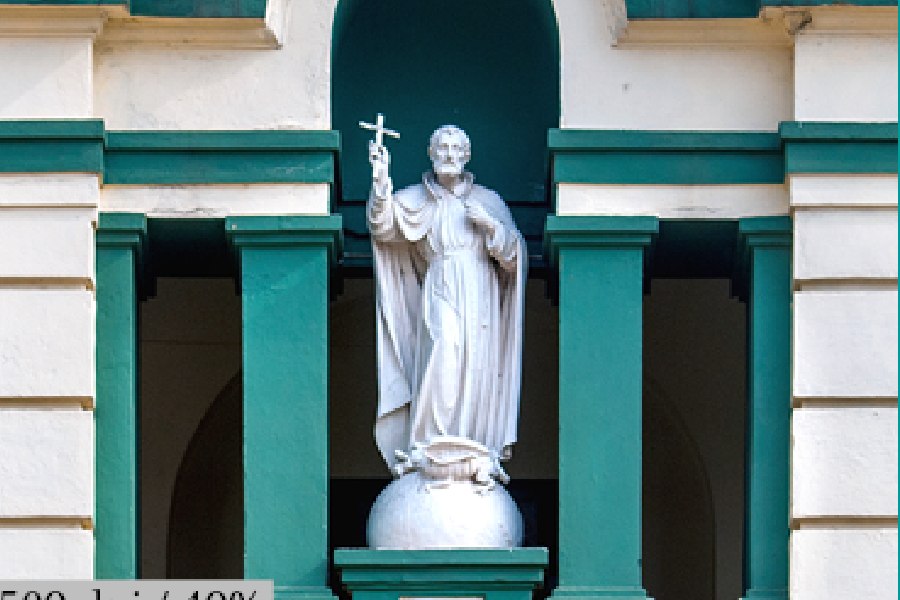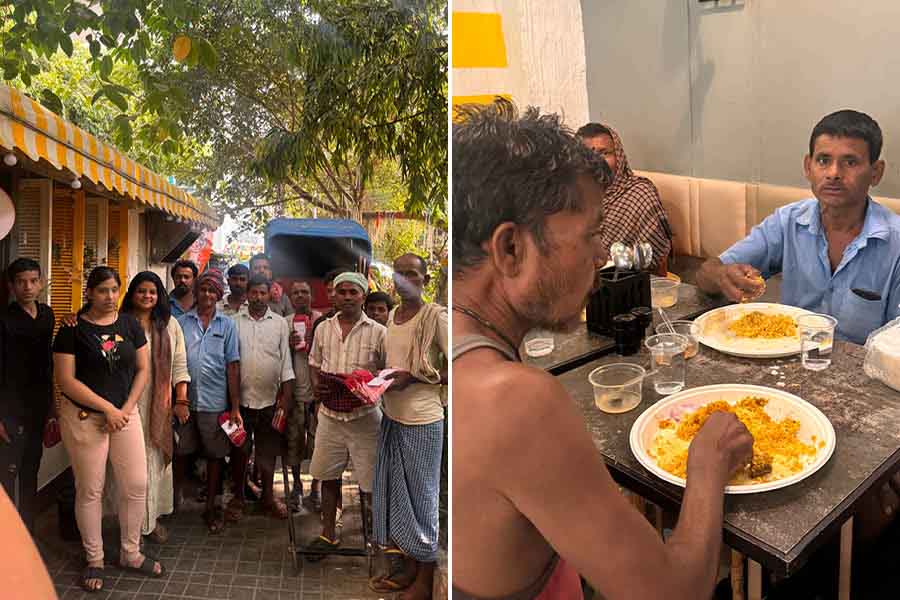December 3 marks the Feast of St Francis Xavier. The day commemorates the dedication and service that St Francis Xavier committed himself through his outreach of faith and work (education) in Europe, Asia and mainly in India.
On the eve of the Feast, Fr Dominic Savio writes on the legacy of St Francis Xavier. In the Catholic Church, the Feast day of a saint is celebrated on the death day of the saint.
What does it profit a man if he gains the whole world and loses his soul, is the simple question that St Ignatius asked of the highly ambitious and highly educated Francis Xavier. When and where and how did it come about for the question to be asked? For this, let’s go back in time.
It is seventh of April, 1506, in the castle of Xavier at Navarre in Spain, that Francis Xavier is born. Nineteen years later, he travels to Paris to study at the city’s university, which is then the most celebrated centre of learning in Europe. He remains there for 11 years. John Calvin and George Buchanan are his contemporaries. Qualified as a Master of Arts, he obtains a teaching post at the College of Dormans-Beauvais and dreams of becoming a famous professor.
It is now that Ignatius of Loyola, a Basque undergraduate at Sainte-Barbe, comes into his life. They engage in many scholastic discussions and, in the course of things, Ignatius asks Francis that important, life-changing question. It is a turning point, for this moment marks the beginning of a decisive transformation in his life. Francis becomes a man of God. He gives up his personal quest for fame and glory and dedicates his life to doing what God wanted of him, for His work and His glory.
Xavier remained a faithful acolyte to Ignatius and became his disciple along with his companions, Favre, Laynez, Salmeron, Rodriguez and Bobadilla. Together, they laid the foundations of the Society of Jesus, the Jesuits. They were highly learned and deeply religious men. These first Jesuits and the Jesuits that came after them, evolved an educational system which sincerely followed Christian values and ideals while adapting itself to the time, place and needs of the students it catered to.
Some years later, by the will of God, Xavier made an apostolic visit to India, and onward to the Far East, to spread his message of love, service and concern for all, and to light the burnished lamp of education to enlighten and uplift young people, and help them become men and women for and with others.
During his travels in the East, Xavier met people from different places and cultures. Accordingly, he adapted and devised an educational system different from that developed by his brother Jesuits in Europe. It is from this that we continue to learn to adapt, to be all things to all persons and situations, answering the needs of time, persons and places, for the glory of God.
Xavier’s training as a student and educator in Paris helped him greatly to plan and implement his vision of an education system. Central to that vision was the idea that an educator’s duty was no doubt to impart knowledge and skills, but the nature and personality of the educator was more important because it could affect the entire educational process. He also believed that education had to be learner-based. As an extraordinary pedagogue, his insights and methods were different and unique and they continue to inspire us.
His powerful personality also became a potent factor in making his teachings effective. He would not have understood the languages of the many people he came across but all of them understood his informal language of love and affection, of caring and concern, of hope and devotion. It had a huge and positive impact because this kind of communication was itself an act of learning for them.
That is how we, as educators of today, have learned from the example of Xavier the pedagogue, to be effective as educators in and through our nature and personality.
The right personality would naturally treat students with due respect, affection and concern. In turn, students would have due and proper respect and affection for the teacher. This paradigm, developed naturally and mutually, would transform the teaching and learning process, making it student-centric. This has been a model emulated by generations of Jesuits who have dedicated their lives to the cause of imparting the Xavier model of education.
Up to 1548, there were only three mission schools in India initiated by Xavier. These were at Goa, Cranganore and Bassein. In 1549, under Xavier’s direction, two colleges were opened at Cochin and Quilon. He also gave instructions to open colleges in Bassein and Thana. In 1548, he initiated the founding of a college outside India at Malacca, for students of the Indonesian islands, Japan and China.
After that, there was no looking back. Hundreds of colleges and universities were opened and continue to be opened not just in India but across the world, with one motive — to impart the model of education set by Xavier himself.
Today, the model is fulfilled in and by six key values in Jesuit education that are meant to answer the needs of the present day. They are: Cura Personalis, meaning development of the whole person, of body, mind, heart, spirit of self, as well as of the others; Magis, which is discerning the greater good in any situation to serve God better; Men and Women for and with others to embody the spirit of serving the needy, poor, and marginalised, and pursuing justice for all; Diversity of people who go forth to set the world on fire with the Ignatian Mission, and the need to be United in Minds and Hearts; Contemplatives in Action, which is one’s ability to reflect and pray to strengthen one’s inner life that guides all actions; and finally, Finding God in all Things, which is searching for and finding God in all circumstances of life and in creation.
Today, the vision and mission of Xavier is being fulfilled by Jesuit educational institutions — three universities, 14 autonomous colleges, 25 affiliated colleges, six business schools, nine education colleges, three engineering colleges, a law college and eight research centres. This is a joyful affirmation that the legacy of Xavier is being carried on, maintained, and taken forward. All in and for the greater glory of God and Man.
Rev Fr Dr Dominic Savio SJ is principal, St Xavier’s College (Autonomous), Calcutta






